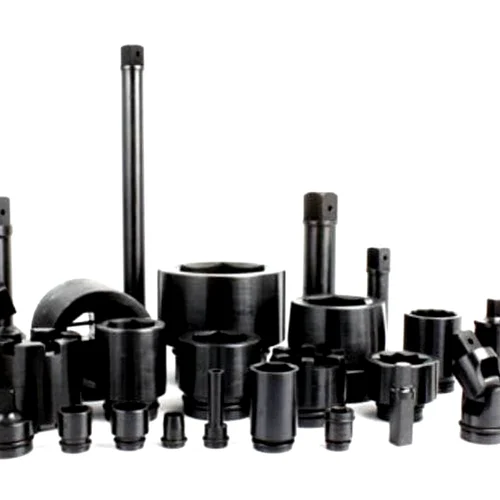
Buying a car is a significant financial decision that can impact your lifestyle and long-term goals. The average age for Americans to buy their first car has reached a record high of 25 in 2024, due to factors such as the rising cost of vehicles and student loan debt. However, the right age to buy a car varies depending on your financial situation, desired location, lifestyle, and long-term goals.
- Building Equity: Purchasing a car early and owning it for an extended period allows you to build up equity, which is the difference between what your car is worth and the amount you still owe on your loan. This equity can be leveraged for future investments or to meet other financial goals.
- Predictable Costs: Annual lease payments can be expensive and often increase over time. However, when you purchase a car with a fixed loan, you get set monthly payments that are predictable and consistent.
- Tax Benefits: As a car owner, you can save at tax time by deducting car interest and other vehicle costs on your return. This perk is available to those who itemize deductions and can be learned more about by reaching out to a tax professional.
- Freedom of Expression: Most leasing companies impose restrictions on the customizations you can make to rental cars. However, owning a car means you can upgrade your vehicle or make it more functional to suit your needs and preferences.
- Lower Price Point: Car prices generally rise over time. Buying young means you can take advantage of the lower price point and potentially pay off your loan before you need a new one.
Cons of Buying a Car When You're Younger
While there are benefits to buying a car early, there are also some potential drawbacks to consider:
- Financial Burden: Purchasing a car can be a significant financial commitment, especially if you're still paying off student loans or other debts. It's important to ensure that you have the financial means to make the monthly payments and maintain the vehicle.
- Insurance Costs: Car insurance can be expensive, especially for younger drivers who may have less driving experience or a higher risk of accidents. This can add to the overall cost of owning a car.
- Maintenance and Repairs: Owning a car means being responsible for its maintenance and repairs, which can be costly over time. It's important to budget for these expenses and have a plan in place for when they arise.
- Parking and Storage: In some locations, finding parking or storage for a car can be challenging or expensive. This may not be an issue if you live in a place with ample parking, but it's worth considering if you're moving or living in a city with limited options.
The Right Time to Buy a Car: Beyond Age and Financial Considerations provides insightful perspectives beyond mere age or financial means, highlighting the importance of personal aspirations versus practical decision-making in car ownership.
Buying a car is more than just an age or financial decision, it's about choosing the right time that alignsWith one’ss aspirations and life priorities. This informative piece delves into factors beyond traditional considerations to guide thoughtful purchasing decisions for today‘ s drivers."
The article, Beyond Age and Financial Considerations: The Right Time to Buy a Car, provides an insightful perspective on the often-overlooked aspects of car ownership that are crucial for making informed decisions.
Buying a car at The Right Time is not solely determined by age or finance - it's about finding the optimal balance between lifestage, transportation needs and personal aspirations.














